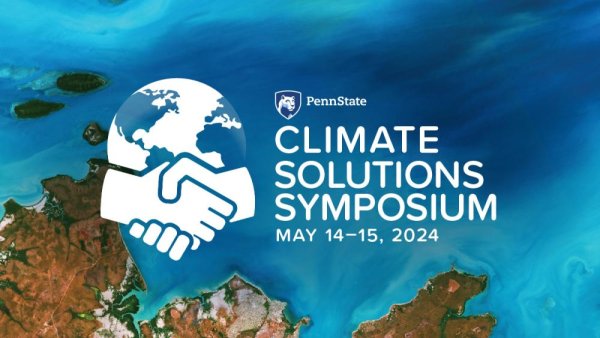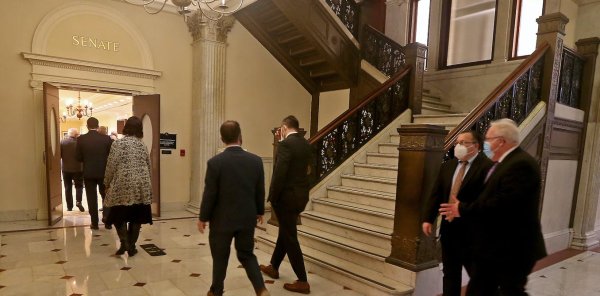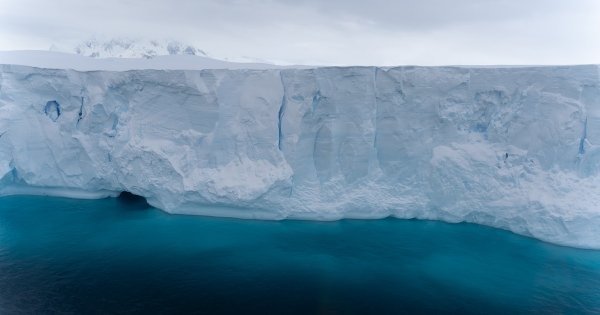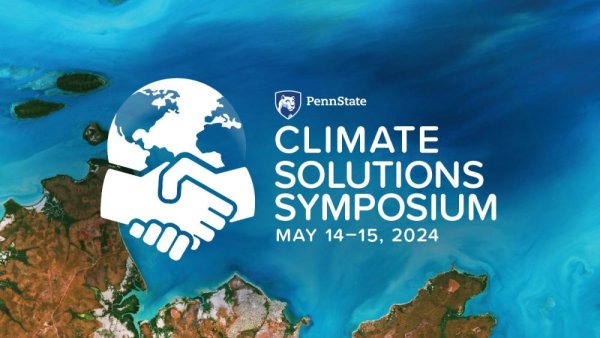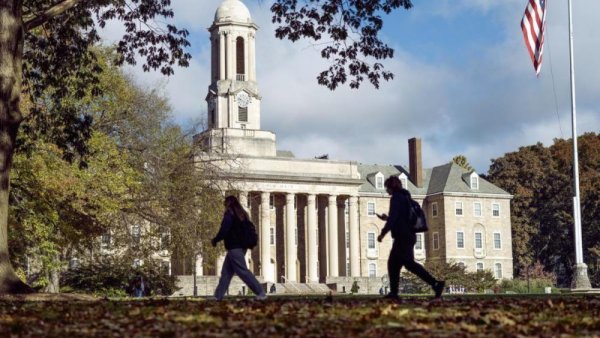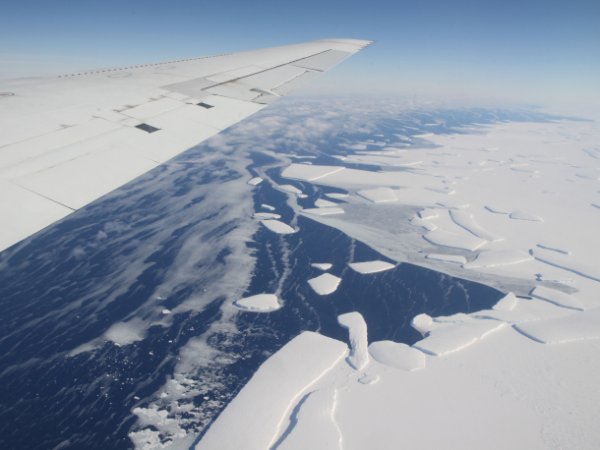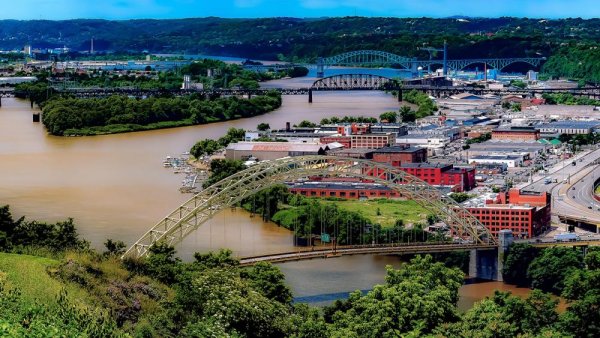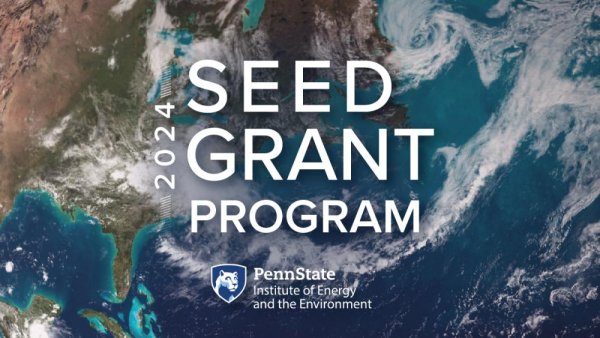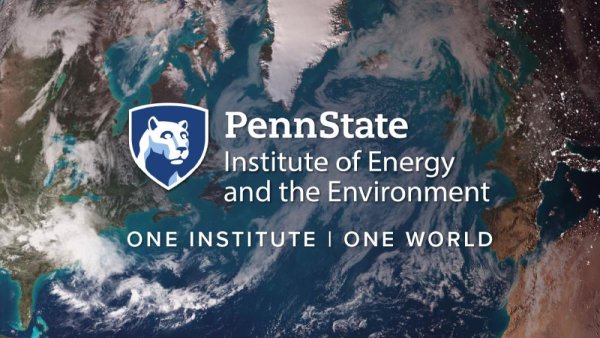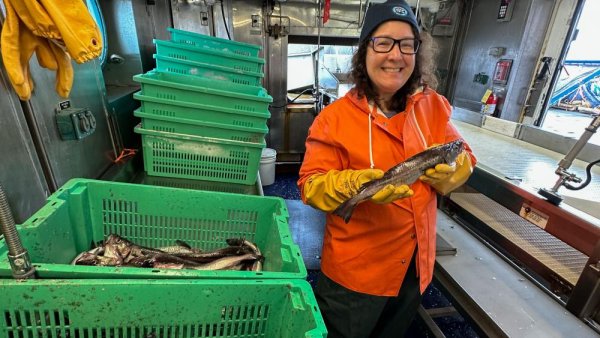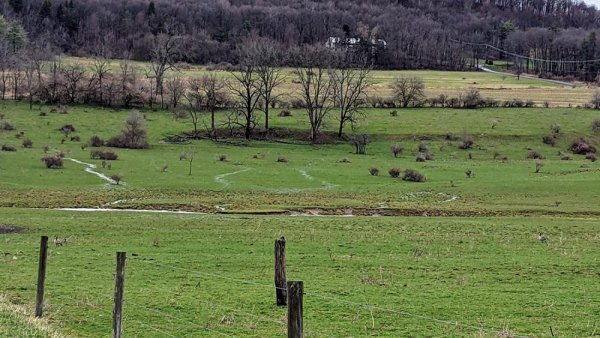2024 Climate Solutions Symposium registration open
| psu.edu
Registration is open for the 2024 Climate Solutions Symposium, which is designed to bring people together to stimulate projects and partnerships where Penn State’s interdisciplinary research strengths can inform and transform climate solutions.
Connecting researchers and legislators can lead to policies that reflect scientific evidence
| theconversation.com
Researchers want real-world impact. Lawmakers want programs that work. The public wants to benefit from taxpayer-funded research. Building a bridge from academia to legislatures is key to all three. This article was originally written for The Conversation by Taylor Scott, associate research professor of human development and family studies.
A glaciologist reveals what we still don’t understand about polar ice
| inverse.com
Climate change is leading to more rapid melting of polar ice, and the race is on to determine when, where, and how polar ice sheets will collapse. This article quotes Richard Alley, Evan Pugh University Professor, Geosciences, and Shujie Wang, Assistant Professor in Geography, Geography.
Symposium to focus on forging new partnerships in climate research, solutions
| psu.edu
The Penn State Climate Consortium will host a two-day symposium on May 14-15, 2024, to build partnerships in climate research and solutions.
Urgent need for climate solutions spurs Penn State to launch Climate Consortium
| psu.edu
Penn State has established a consortium focused on meeting the mounting challenges related to climate change. Penn State's Climate Consortium is a collective of internal and external partners committed to identifying, creating and implementing research-based solutions to address the mounting challenges related to climate change.
Living on Earth: Sea level risk from Antarctica
| loe.org
Antarctica’s ice shelves block glaciers from flowing into the sea but a recent study found that these ice shelves lost 8.3 trillion tons of ice in the last 25 years and are at risk releasing more glacier ice into the ocean. Richard Alley is a professor of Geosciences at Penn State University and joined Host Steve Curwood to shed light on what all this could mean for sea level rise and future ice loss in Antarctica.
Using machine learning, existing fiber optic cables to track Pittsburgh hazards
| psu.edu
Existing fiber optic cables used for high-speed internet and telecommunications, in combination with machine learning, may be able to help scientists track ground hazards in Pittsburgh. The National Science Foundation awarded a $937,000 grant to a team of Penn State and Carnegie Mellon University researchers to further develop the low-cost monitoring approach.
2024 IEE Seed Grant Program accepting proposals on climate-related projects
| psu.edu
Proposals for climate-related projects are now being accepted for the Institute of Energy and the Environment’s 2024 Seed Grant Program.
Institute renamed to reflect holistic approach to energy, environmental research
| psu.edu
The newly named Institute of Energy and the Environment has rebranded to better communicate its current structure and collaborative approach to solving energy and environmental challenges.
Penn State professor to lead field campaign to study climate in Baltimore area
| psu.edu
Kenneth Davis, professor of atmospheric and climate science at Penn State, will lead a team of 23 investigators from 13 research institutions in a new field campaign supported by the U.S. Department of Energy to study surface-atmosphere interactions around Baltimore, Maryland, to see how they influence the city’s climate.
Teacher at Sea program sends Brandywine geology professor trawling for data
| psu.edu
Laura Guertin, distinguished professor of Earth science at Penn State Brandywine, celebrated National Ocean Month in June in a most appropriate way — she spent two weeks aboard a research vessel in the Gulf of Alaska. Guertin joined the expedition through the National Oceanic and Atmospheric Administration Teacher at Sea program. The NOAA ship Oscar Dyson’s mission was to assess the population and distribution of walleye pollock in the Gulf of Alaska.
USDA grant funds study of effectiveness of vegetation to curb water pollution
| psu.edu
At a time when Pennsylvania is actively working to achieve water-quality improvements to meet the state’s obligations for cleaning up the Chesapeake Bay, a multidisciplinary Penn State research team is studying whether agricultural pollution-prevention devices called riparian buffers are working properly.

